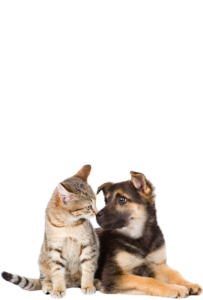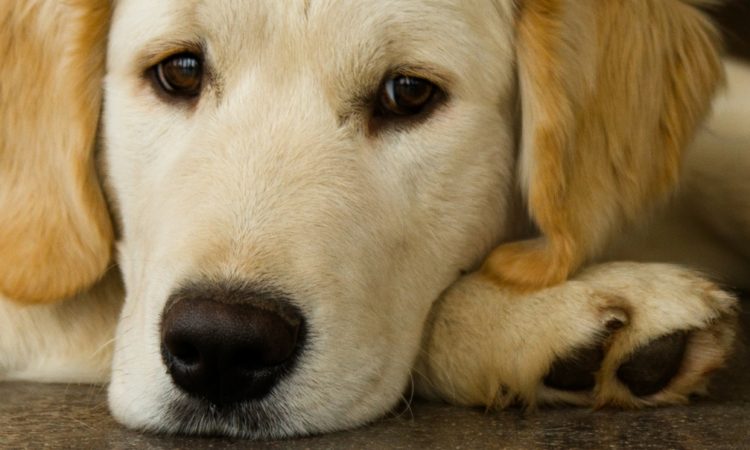Due to improved healthcare and preventive medicine programs, cats today are living longer, healthier lives. Many of them living well into their late teens or early twenties. It is important to note that older cats are more susceptible to many different diseases and conditions than younger cats are. Changes caused by these diseases can be very subtle. Regular veterinary care will help identify these changes as soon as possible so that your cat can continue to thrive as a senior.
What are the stages of a senior cat’s life? How to spot signs of ageing?
There are three stages of life for an older cat. A cat between the ages of 7 and 10 is considered mature. Most changes will be quite subtle at this time. Cats between the ages of 11 and 14 are classified as seniors. Finally, once your cat has reached its 15th birthday, they are considered geriatric. Identifying the signs of ageing can be difficult. A complete physical exam twice a year, along with senior wellness profiles (blood, urine, x-ray, etc.) testing can help detect disease in its infancy and provide a means of early intervention. This can potentially add years of good health and happiness to your senior’s life!
My senior cat is losing weight, what can I do?
Weight loss in a senior cat can be an indication of health problems. If you have any questions or concerns about the health and well-being of your senior cat, please give us a call to set up an appointment with one of our veterinarians.
What are some tips on how to care for my senior cat?
Regular visits with your vet are the cornerstone to caring for your senior kitty. Annual exams allow us to pick up on health changes and make adjustments to how to better care for your cat. The information gathered during these visits will be beneficial in determining your cat’s needs, including diet, parasite control, oral health care, environmental enrichment and much more.
What are some common health issues experienced by senior cats?
As pets age, their organ function changes. Illness can strike any of the major body systems, including the gastrointestinal tract, the urogenital tract and the cardiovascular system. Other common concerns for ageing cats include changes in vision, hearing, cognitive functioning, skin and coat health, oral health, endocrine function and various forms of cancer.
Why is my senior cat having behavioural issues?
Senior and geriatric cats that have behavioural changes should always be evaluated for an underlying medical problem. If you have any questions or concerns regarding your cat’s behaviour, please give us a call to set up an appointment with one of our veterinarians.



